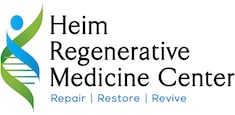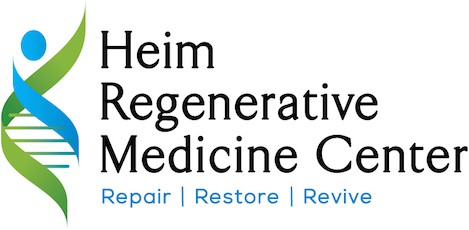I read some interesting statistics today in the most recent issue of Medical Economics:
Taking control of your health in the New Year: “Up to 80% of our nation’s health costs are related to chronic conditions that have their origin in poor lifestyle behaviors.” “1.8 trillion of the 2.4 trillion spent on healthcare in 2009 can be attributed to unhealthy lifestyle behaviors,” and, “Our current healthcare system is primarily geared toward returning people to living unhealthy lifestyles and not to changing their unhealthy lifestyles.” 1
Think about those numbers for a moment the next time you are discussing the pros and cons of universal health care. This little talked about aspect of health care in my opinion is one of the strongest arguments against government-run i.e. tax payer funded universal health care. I have seen it for years as a physician. To simplify it for you, most people are sick because of what they have done to themselves or what they refuse to do for themselves. Sure it’s an oversimplification. Clearly there are people with health problems that are no fault of their own. But any honest physician will tell you, half of what they see is self-inflicted. Does that mean they shouldn’t have access to care? Of course not, but in my opinion self accountability should somehow be worked into the equation before we allow our government to write a check that my grandchildren have no hope of covering.
Don’t get me wrong, our health care system has monumental problems that need fixing and I do not proclaim to be the guy with all of the answers. What I do know however is that within my practice model I have seen my patients improve their cholesterol panels, lose weight, come off of blood pressure and diabetes medications because they were willing to make wholesale changes in their lifestyle. In other words they became accountable for their health.
As I read these stats and reflected on the first year of my new practice I realized a few things. We have much to be grateful for at The Center for Health and Age Management. Our first year in practice greatly exceeded our expectations and projections despite opening in the middle of the worst recession in my life time. I firmly believe the reasons for that success revolve around two main factors, and that those two factors hold the key for not only fixing what is wrong with many of our patients, but will fix a lot of what is wrong with much of our health care system in general. First and foremost, our patients have made the decision to take a proactive approach to their health and aging. They refuse to accept the common response from the western medical community that the health problems they are experiencing are just part of aging, or that they just need to take another pill or learn to live with whatever health problems they have. Secondly, we have provided a medical home to help our patients in their quest to maximize their health and longevity and we have made a commitment to providing exceptional and individualized care to patients who want to look and feel their best, not simply drag themselves through life lacking the energy and vitality of youth.
As the New Year looms, I hope you will think of your health in a different way in the coming year and that you will make positive changes to improve your health and well-being. Reflect on the lifestyle choices you have made over the past year and consider how those choices have affected your health. Just as we are planning for the next year in business, you should do the same for your health. Instead of making a new year’s resolution this year, pick a few simple lifestyle changes that can make a huge impact on your health and do not compromise on them for the month of January. Making a change for a month is much more realistic than trying to change a life long habit forever and hopefully the changes you see in that month will motivate you to make additional healthy changes. Use this simple tool to hold yourself accountable. Put a blank calendar on your refrigerator and put a red check mark for every day that you stick to your goals. Sounds simple but when you are staring at three straight days of no check marks you will more than likely be motivated to work harder to earn check marks over the next three. If you need suggestions, my top three choices would be:
Eat at least 4 servings of vegetables and 2 servings of fruit every day. Increasing fruit and vegetable intake pretty much dwarfs any other changes you can make to improve your health. Make at least one serving of vegetables from the cruciferous family (broccoli, cauliflower, brussel sprouts) and at least one serving of fruit from the berry family.
Add resistance training to your exercise program. As you age, you lose muscle mass which causes a steady slowing of your metabolism over the years. This trend results in subsequent steady increase in body fat. Maintaining and building muscle mass is your best defense against the long list of health issues that come along with increases in body fat.
Eliminate foods containing high fructose corn syrup and enriched wheat from your diet. This may be the hardest one to accomplish as these two ingredients have become ubiquitous in our food supply but if you have read my prior blogs you know why this one is so important.
A great way to get a jump-start on the two dietary goals is to complete a detox program the first week of the New Year. Check out my blog on our Core Restore, 7 day detox program, http://www.tampahealthcenter.com/766/. Part of this program is to eliminate refined foods and foods that cause inflammation i.e. high fructose corn syrup, refined wheat and gluten, as well as increasing fresh fruit and vegetable intake during the week to aid in the detox process. Soon you will be able to order online through our website but if you would like to try it, just give us a call and we will ship it to you free of charge.
We are looking forward to another great year at The Center for Health and Age Management and hope that we can help you to achieve your health and wellness goals.
Until next time, stay healthy and live well… Dr. Mike
1. Medical Economics. Vol 87 No. 22. November 19, 2010.


No Comments